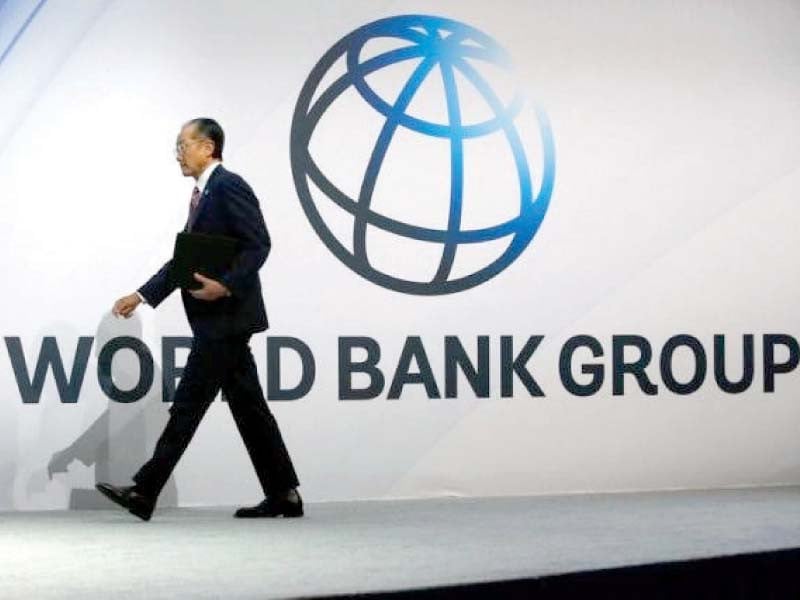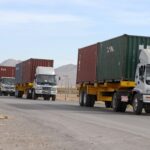Hydropower Project In a major boost for Pakistan’s energy sector, the World Bank has announced it may provide $1 billion in funding for the Dasu Hydropower Project. The project, located on the Indus River in Khyber Pakhtunkhwa, aims to generate clean and affordable electricity for millions of people. This funding could help speed up construction and address delays that have plagued the project for years.
What is the Dasu Hydropower Project?
The Dasu Hydropower Project is one of the largest energy initiatives in Pakistan. Once completed, it is expected to produce 4,320 megawatts of electricity, enough to power millions of homes and businesses. The project is also seen as a key step in reducing Pakistan’s reliance on fossil fuels and cutting down on greenhouse gas emissions.
The first phase of the project, which aims to generate 2,160 megawatts, is already underway. However, delays due to funding shortages and logistical challenges have slowed progress. The World Bank’s new funding could help overcome these hurdles.
Why is the Funding Important?
The $1 billion funding from the World Bank is a significant development for the project. It will help cover the costs of construction, equipment, and labor. The money will also be used to improve infrastructure in the surrounding areas, including roads and schools, to support local communities.
“This funding is a game-changer for the Dasu project,” said Energy Minister Ali Zaidi. “It will not only help us complete the project faster but also ensure that it benefits the people of Pakistan for generations to come.”
Benefits for Pakistan
The Dasu Hydropower Project is expected to bring numerous benefits to Pakistan. It will provide a reliable source of electricity, reduce power shortages, and lower energy costs for consumers. Additionally, the project will create thousands of jobs during construction and operation, boosting the local economy.
The project is also environmentally friendly. Unlike coal or gas-powered plants, hydropower does not produce harmful emissions. This makes it a key part of Pakistan’s efforts to combat climate change and meet its international commitments to reduce carbon emissions.
Challenges Ahead
Despite the new funding, challenges remain. The project is located in a remote and mountainous region, making construction difficult. There are also concerns about the impact on local communities and the environment. However, officials say they are working closely with stakeholders to address these issues.
“We are committed to ensuring that the project is completed responsibly,” said World Bank representative Sarah Johnson. “This includes protecting the environment and supporting the communities affected by the project.”
What’s Next?
With the World Bank’s funding, the Dasu Hydropower Project is expected to move forward at a faster pace. Officials hope to complete the first phase by 2028 and the entire project by 2030. Once operational, it will be a major step toward solving Pakistan’s energy crisis and promoting sustainable development.
For now, the announcement has brought hope and excitement to millions of Pakistanis who are looking forward to a brighter, more energy-secure future.









